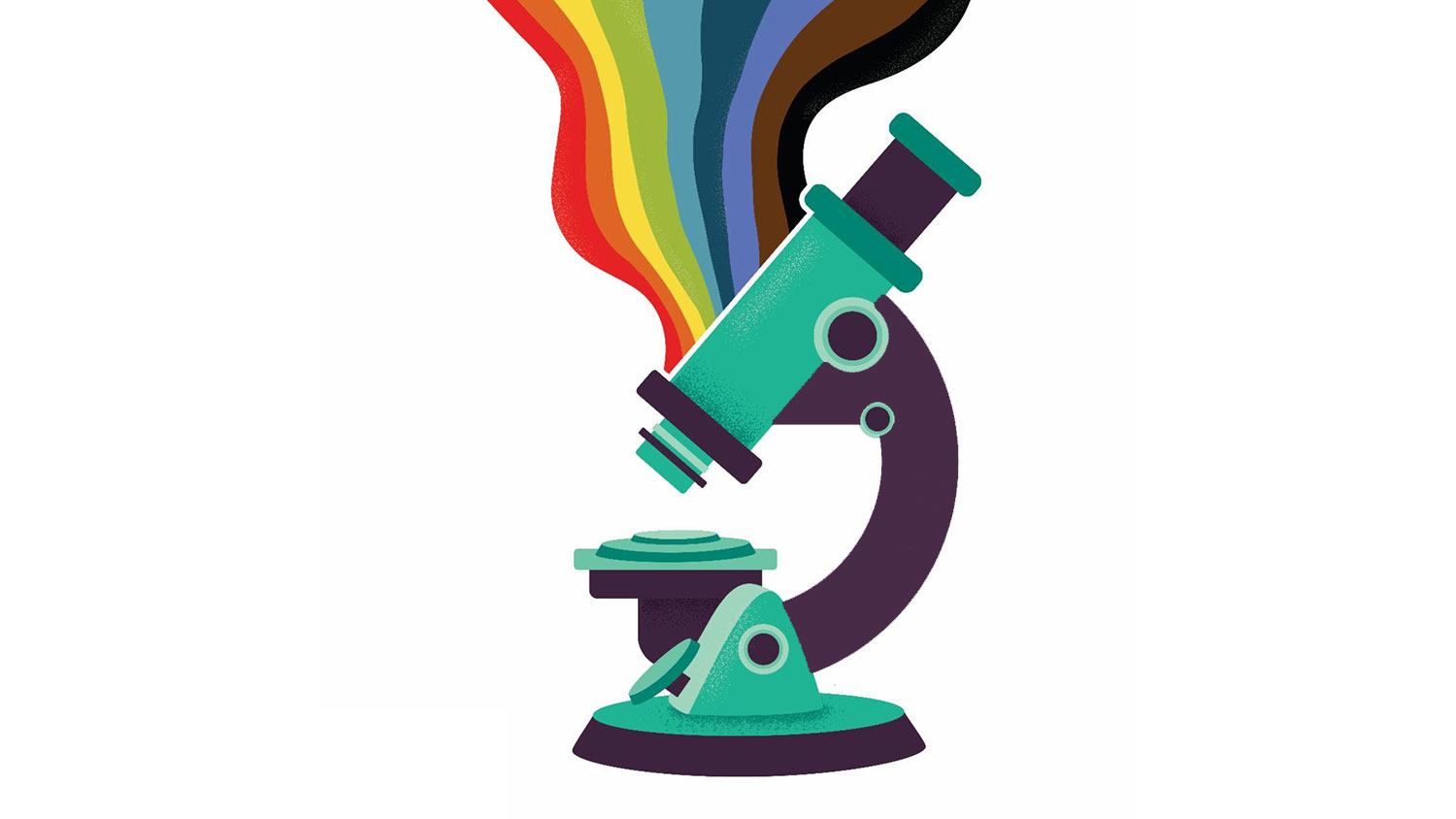GLBTQ+ in STEM Program Partners with Colleges in New Initiative

The GLBT Center has launched a new GLBTQ+ in STEM program in partnership with the College of Natural Resources, College of Sciences and the College of Engineering.
The program aims to provide students with a social space in the form of virtual discussions in which staff, faculty and alumni share stories and experiences in a welcoming social space to build community for students whose interests align with the STEM disciplines. Diverse voices will come together to learn, grow and make change from various perspectives.
The space is for students to exchange ideas, challenge systems of oppression, share ways to interrupt systems and create and share solutions with other students. Staff, faculty and alumni will engage with current students, particularly around topics of inclusion and social justice, and intentionally seek to co-create a space that is both safe and brave for students.
Even before launch, the program has already enrolled over 50 students interested in participating in inclusive spaces for undergraduate and graduate students in STEM, from within the GLBTQ+ community and beyond.
Topics covered in the program are GLBTQ+ in academia, GLBTQ+ in the workforce, GLBTQ+ in research, microaggressions, advocacy and GLBTQ+ in STEM professional organizations.
“This program has been a great way to engage with students, faculty, staff and alumni across the Colleges of Engineering, Natural Resources, and Sciences. We’ve been able to go deeper into conversations about diversity, inclusion, equity and justice in STEM than we’ve ever been able to before. It’s so exciting to see how well this first semester has gone, and the GLBTQ+ in STEM Program could not have been possible with just the GLBT Center alone. This is a prime example of what collaboration and relationship can achieve!” says Andy DeRoin, assistant director of the GLBT Center.
How to Get Involved
Interested students, staff, faculty and alumni can contact Andy DeRoin, assistant director in the GLBT Center, for more information.
This post was originally published in Office for Institutional Equity and Diversity (OIED).